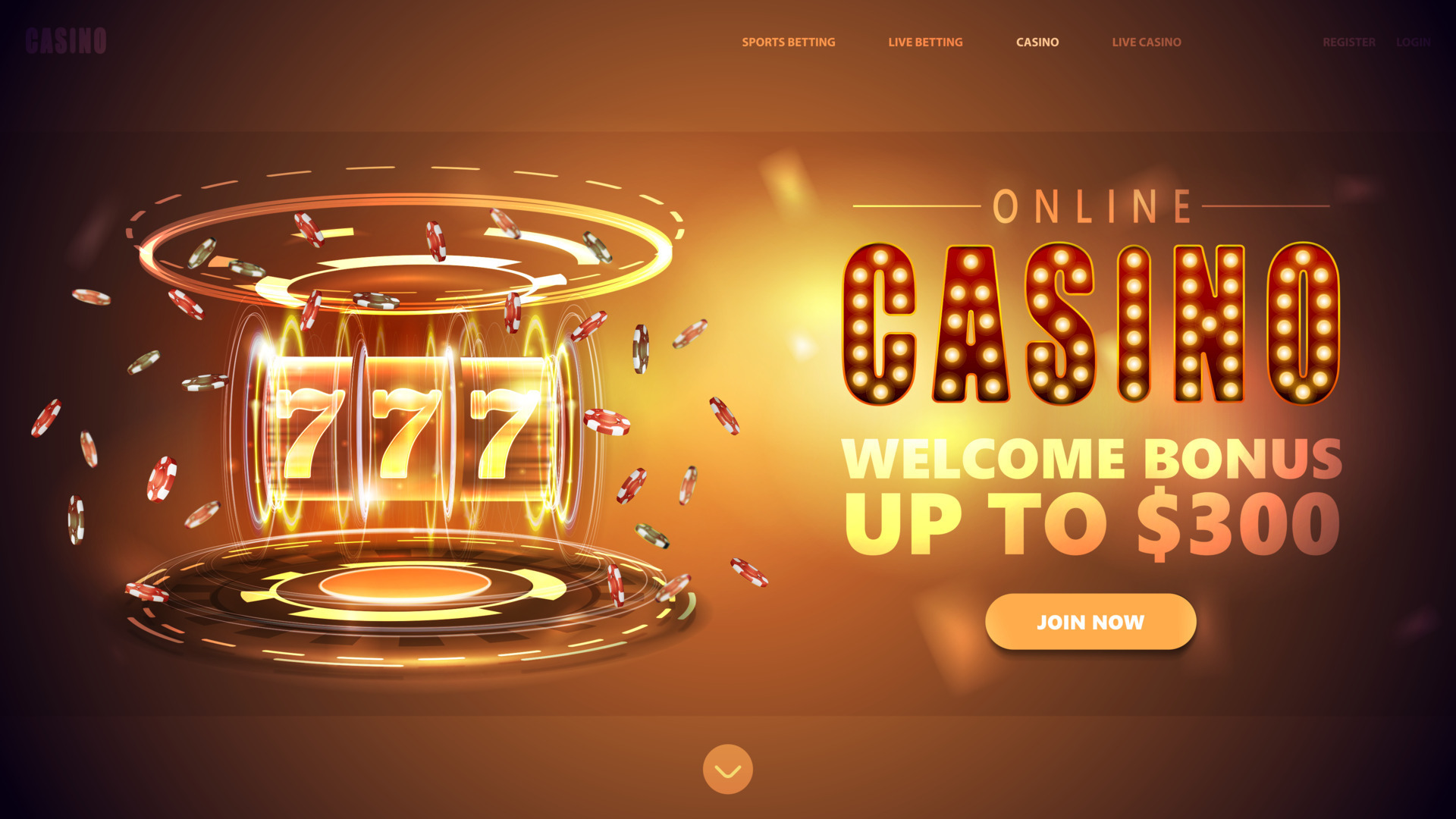
Casino games have long captured the imagination of individuals around the globe, becoming an integral part of both leisure and culture. From the glimmering lights of the Vegas Strip to the captivating experience of internet gambling, these games evoke enthusiasm, danger, and sometimes even a sense of remembrance. They are beyond simply pastimes; they have woven themselves into the fabric of human experience, influencing various aspects from film and music to style and literature.
The allure of casino games surpasses the wagering aspect, tapping into wider themes of serendipity, chance, and psychology. As players gather around a card table or turn the roulette, they engage in an ancient ritual that resonates with our shared desire for excitement and instability. This captivation has led to the rise of many references in movies, songs, and gaming, showcasing how deeply entrenched these games are in popular culture. Whether it is the high-stakes tension of a legendary caper or the lively nightlife portrayed in music videos, casino games have carved out a substantial role that reflects our relationship with risk.
Social Importance of Gambling Games
Gambling games have played a key role in cultural contexts throughout the ages. Stemming from old civilizations, games of chance were often connected to ceremonies or events. For example, early forms of these activities can be traced back to historic China and the Roman Empire, where dice games and wagering on outcomes were common pastimes. These games not only functioned as leisure but also as methods of connecting people, facilitating relationships among people within societies.
As societies evolved, so did the complexity and structure of gambling games. The creation of official casinos in the 17th century, particularly in the Italian region, marked a significant shift in how games were perceived and organized. With specific spaces for gambling, the casino became a social hub where people from different backgrounds convened. This evolution contributed to the validation of gambling, transforming it from a mere pastime into an organized industry that shaped economy and regulations.
The effect of gambling activities on popular culture cannot be overlooked. As they were popularized in books and movies, games such as Texas Hold’em and blackjack became symbols of chance, luck, and strategy. Iconic figures and stories have emerged around these activities, illustrating societal views towards luck, prosperity, and vice. casino en ligne This interest with casino games has permeated various forms of entertainment, solidifying their place in the collective consciousness and connecting them to broader cultural narratives throughout history.
Portrayal of Gambling Activities in Media
Gambling games have long been a popular topic in various forms of media, reflecting both the excitement and intricacies of gambling culture. Films such as Ocean’s 11 and Casino Royal portray individuals who navigate high-stakes environments, showcasing not only the appeal of the casino atmosphere but also the strategies and decisions that come with playing popular games like Texas Hold’em and 21. These films often dramatize the exhilaration of winning and the potential consequences of losing, encapsulating the perils involved in gambling.
TV programs have also explored the realm of casino games, often integrating them into the plot as a backdrop for character arcs and tension. Series like Las Vegas depict the experiences of casino workers and casino-goers, highlighting the vibrant, often disorderly energy of the casino floor. Reality shows featuring high-stakes gambling competitions further emphasize the attraction of casino games, drawing viewers into the tension and tactics involved in each round. Through these representations, media not only entertains but also stimulates conversations about fortune, expertise, and the essence of randomness.
Gaming have increasingly integrated casino games into their structure, allowing players to recreate the thrill of gambling without monetary loss. Titles within the realm of online gaming often include online slot machines, online poker, and other casino favorites, creating an interactive experience that mirrors traditional gambling. These virtual portrayals make gambling activities accessible to a broad demographic, appealing to both gamblers and those who enjoy the rush of simulation. As a consequence, the representation of casino games in media continues to shape cultural attitudes and cultural significance, highlighting their place in society and social context.
Impact of Casino Games on Society
Gambling activities have a meaningful impact on society, influencing various facets of culture and interpersonal behavior. They often function as a venue for social interaction, where people come together to enjoy a common experience. Game nights with friends or trips to casinos become social activities that build connections and create memories. This communal aspect boosts the fun value of gambling activities, making them a favored choice for festivities and leisure activities.
Moreover, gambling activities have been portrayed in countless films, TV series, and literature, influencing perceptions and attitudes towards gaming and gaming. Icons like James Bond playing baccarat or the high-stakes poker scenes in films have cemented these games in the shared imagination. This representation often glamorizes the lifestyle associated with gambling, attracting new players and influencing trends in both style and behavior. These representations can ignite curiosity and lead to a deeper investigation of the nuances of gambling.
However, there are also negative consequences associated with the popularity of casino games. The temptation of quick monetary gain can lead to gambling addiction and economic troubles for some individuals. The community must grapple with these consequences, advocating for responsible gambling and education of the dangers involved. Finding a balance between the entertainment value of gambling activities with the potential for harm is crucial to ensure that they remain a positive aspect of our cultural landscape.
